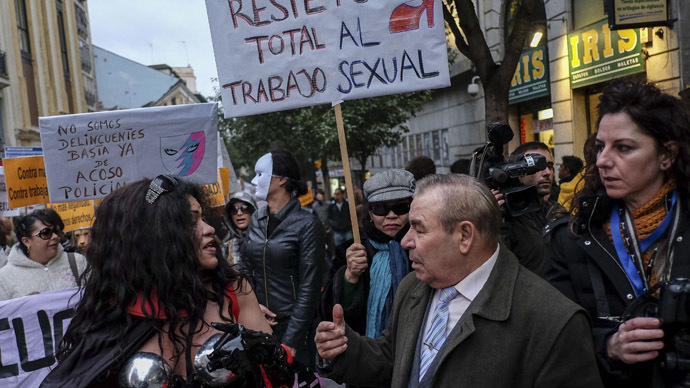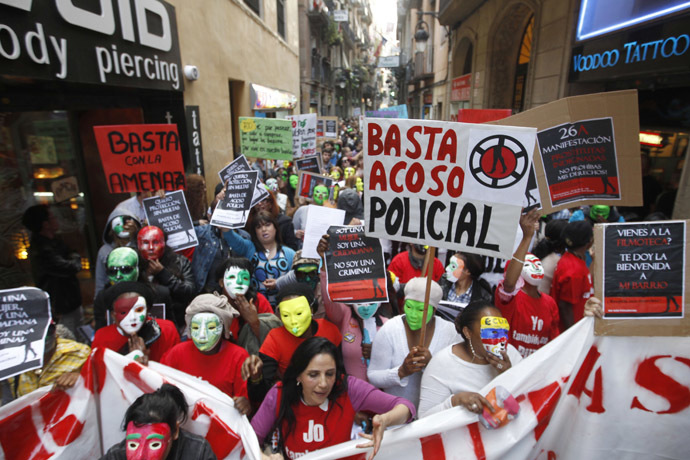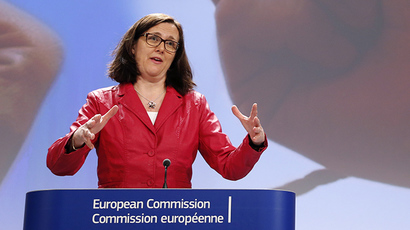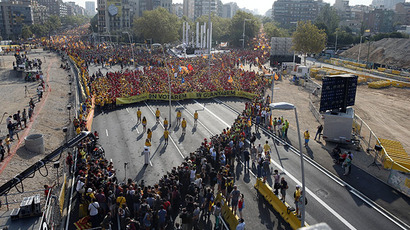Prostitution and drugs boost Spain’s GDP by €9bn

Prostitution, drug trafficking and other illegal activities have finally been included in Spain’s gross domestic product, boosting it by 9 billion euros according to the latest statistics.
Latest data from the National Statistics Institute (INE) reveals the drug trade, prostitution, illegal weapon sales and gambling contributed some €9 billion, or 0.87 percent of country’s total GDP in 2013. The new figures show that drug trafficking comprised 0.5 percent of GDP while illegal sex trade made up 0.35 percent of the new total.
Overall, the recalculated figures increased Spain’s GDP by €26.2 billion to €1.05 trillion, reducing country’s debt ratio of 98.9 percent to 96.4 percent, according to the Bank of Spain. The remaining increase to GDP was generated from the contributions of research and development and military armament.

To assess the turnover of prostitution, the agency calculated the number of prostitutes working in Spain and consulted with sex clubs on the amounts they earn on average. Prostitution in Spain was decriminalized in 1995. The trade itself is not directly addressed in the Criminal Code of Spain, but exploitation such as pimping is illegal. At the same time prostitution is not considered a job and thus has no legal recognition.
For the drugs market, INE took the volume of drugs seizures in Spain estimating it as portion of the entire illegal market. The latest figures from the Government Delegation of National Plan on Drugs shows that cannabis is the substance used the most among Spain's population at 27.4 percent, followed by powder cocaine at 8.8 percent.
The new figures are to be included in a report to the EU, which according to new rules is compiling the data on the overall economic health of member states regardless the legality of activities. The institute based the estimates for illegal activities on government agency reports.














